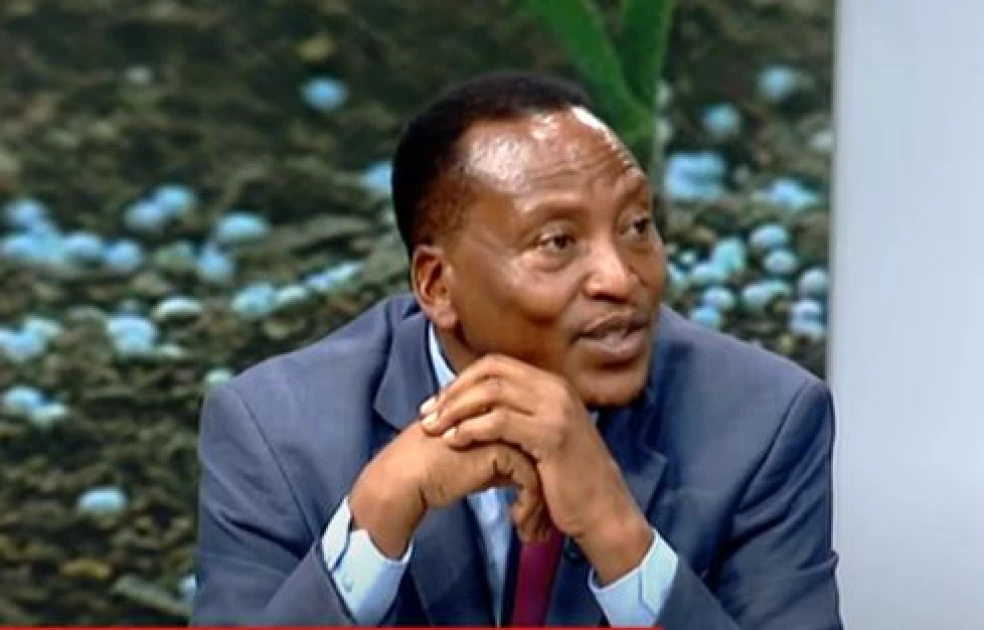Kisii Senator Richard Onyonka has criticized the government’s decision to increase lawmakers’ salaries, calling it a misplacement of priorities while millions of Kenyans struggle with the high cost of living. Speaking on Citizen TV, Onyonka distanced himself from the pay hike, insisting he never requested a raise and questioned why funds were being diverted to MPs instead of addressing underfunded development projects.
The Salaries and Remuneration Commission (SRC) recently approved a Ksh.366,011 monthly mileage allowance for MPs, effective April 1, 2025. Onyonka dismissed the increase as unnecessary, arguing that the money would be better spent improving the salaries of Members of County Assemblies (MCAs), who currently earn a basic pay of Ksh.81,000 far less than MPs’ Ksh.1 million monthly earnings.
“You can’t give me what I didn’t ask for,” Onyonka said. “An MCA earns Ksh.81,000, and you’re giving me Ksh.1 million? Don’t you see the dysfunctionality?” He accused the government of deliberately weakening devolved structures, hindering development at the county level.
The pay rise comes amid growing discontent among MCAs, who are demanding a 700% salary increase, arguing that their current earnings do not match their responsibilities. They have also pushed for the implementation of a Ward Development Fund and financial autonomy from county executives to enhance oversight and service delivery.
Meanwhile, National Assembly Majority Leader Kimani Ichung’wah defended MPs’ pay adjustments, accusing the previous SRC team of playing populist politics by freezing salary reviews during last year’s Gen Z protests. “MPs, like other Kenyans, deserve a pay rise,” he insisted.
The debate highlights Kenya’s growing inequality, with lawmakers approving hefty perks for themselves while ordinary citizens grapple with inflation and unemployment. Onyonka’s criticism reflects rare dissent within Parliament, raising questions about fiscal responsibility and equitable resource distribution in a struggling economy.
As MCAs intensify their push for better pay, the government faces mounting pressure to address wage disparities and prioritize public welfare over political self-interest.

